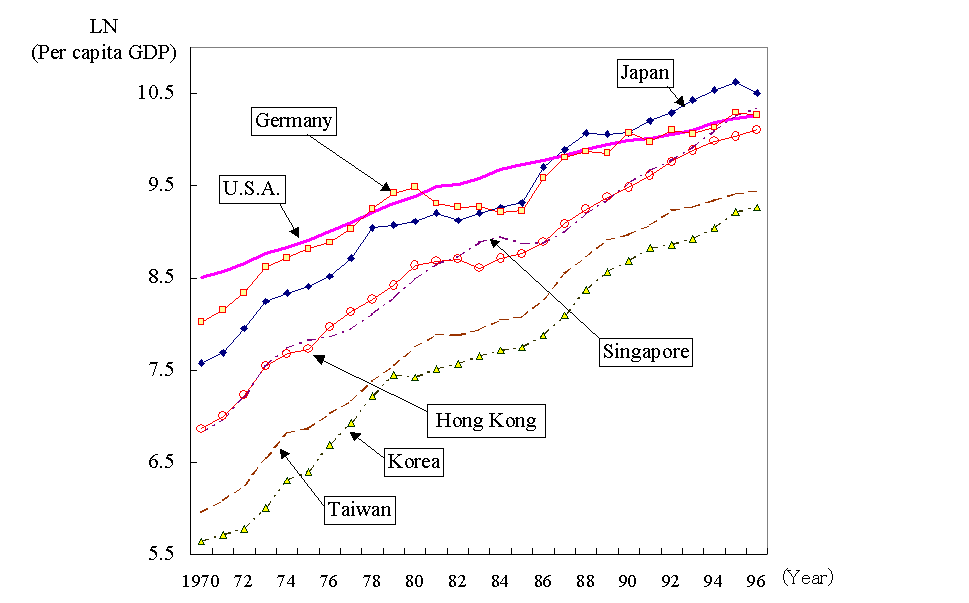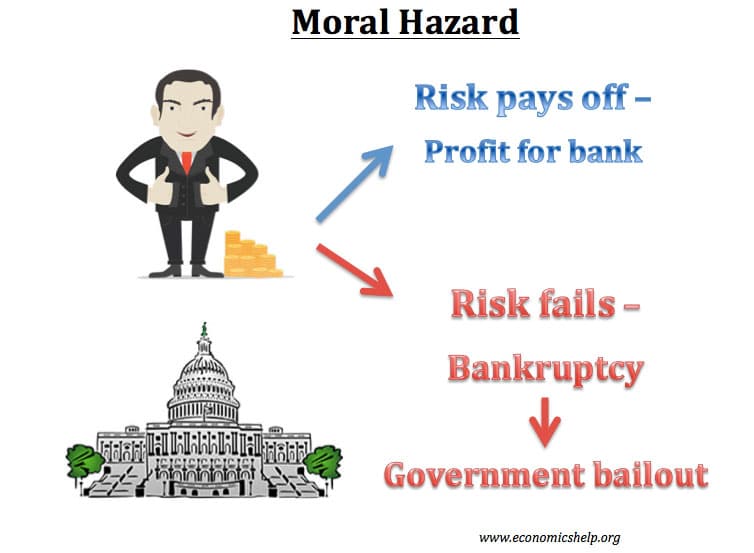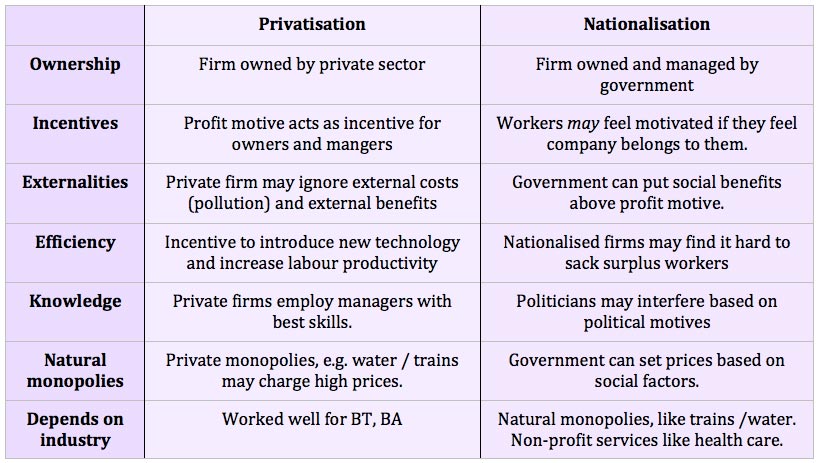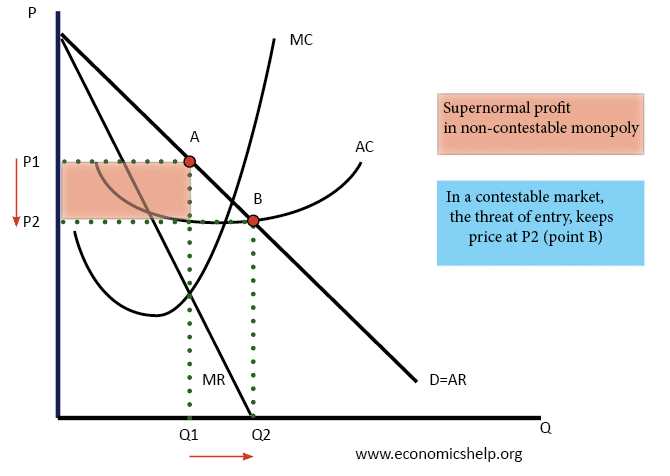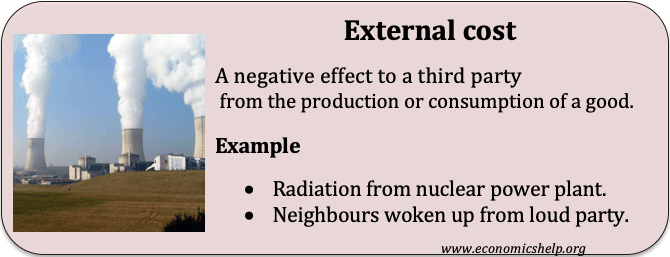The Catch-Up Effect
The catch-up effect (or convergence theory) suggests that poorer countries will experience a higher rate of economic growth and, over time, get closer to the income levels of the developed world. In other words, there will be a reduction in the gap between the rich and the poor because low-income countries have more opportunities to …

